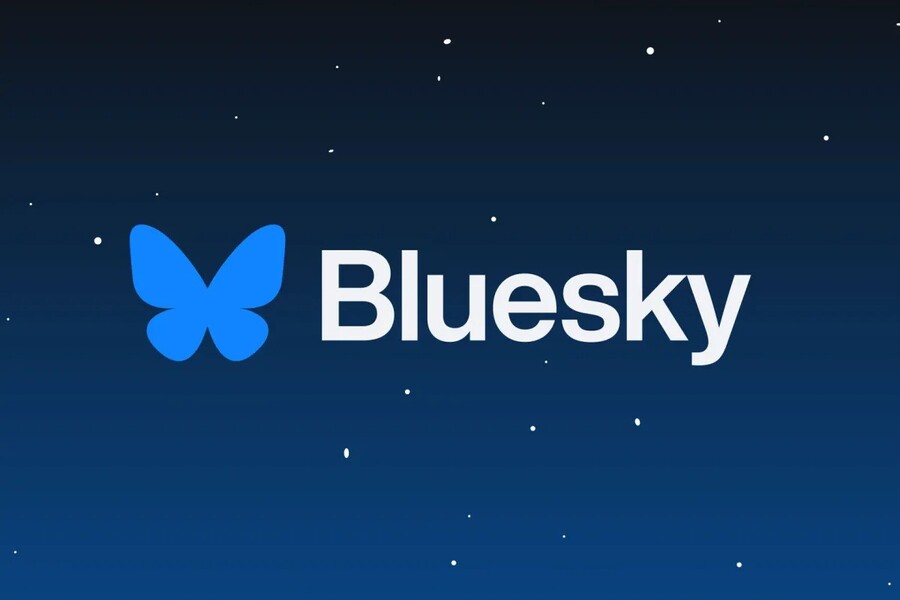Jackson, Miss. — Bluesky, the decentralized social network, has blocked access to its app and website for people connecting from Mississippi after the state’s new age-assurance law took effect. The company said the statute would force it to verify the age of every user—collecting and storing sensitive data and obtaining parental consent for anyone under 18—or face penalties of up to $10,000 per user for noncompliance. A Supreme Court decision on Thursday declined to pause the law while litigation proceeds, leaving platforms to decide whether to comply, challenge, or withdraw. Bluesky chose to geofence Mississippi rather than rapidly re-engineer its systems around universal identity checks.
In a statement, Bluesky described itself as a small team focused on building decentralized social technology and argued that Mississippi’s law goes far beyond targeted child-safety measures by conditioning access to an entire service on identity proof. The company warned that such mandates create significant privacy risks, raise barriers to entry, and effectively entrench larger tech firms that can absorb the cost of compliance. It also emphasized that its decision covers only the Bluesky app built on the AT Protocol; other third-party apps on the same network may take different approaches.
Mississippi’s HB 1126 requires age verification for all users before they can access social networks, not just for those seeking age-restricted content. It also obliges platforms to collect additional information to track minors and to secure verifiable parental consent. Bluesky contrasted that framework with laws like the U.K.’s Online Safety Act, which ties age checks to specific content or features rather than gating an entire service, saying the Mississippi model compels far broader data collection and long-term compliance monitoring.
For users in Mississippi, the immediate impact is straightforward: Bluesky’s app and site are unavailable when accessed from in-state IP addresses. For the wider industry, the move is a marker of how one-size-fits-all verification rules can collide with privacy expectations, free-speech concerns, and the realities of smaller platforms. Child-safety advocates argue that robust age gates are necessary to reduce harms to minors; civil-liberties groups counter that blanket identity checks chill lawful speech, create new data-security risks, and risk excluding vulnerable users who cannot or will not share documents.
What happens next hinges on the courts and on practical engineering choices by platforms. The legal challenge to HB 1126 continues, and the Supreme Court’s action was procedural—it did not decide whether the law is constitutional. A final ruling could narrow or block the statute, or it could spur similar laws in other states, prompting more services to introduce invasive verification or to pull back from specific jurisdictions. Verisona Law is closely monitoring the case and can provide expert legal guidance for companies navigating the complexities of age-verification regulations and their potential implications for privacy and business operations.
Bottom line for readers: Bluesky’s Mississippi shutdown reflects a larger national test of how far states can go in mandating age checks on social media. If courts ultimately uphold broad verification requirements, expect more platforms—especially smaller or decentralized ones—to weigh geofencing, reduced features, or new identity workflows that ask users to share more of their personal data just to sign in.







